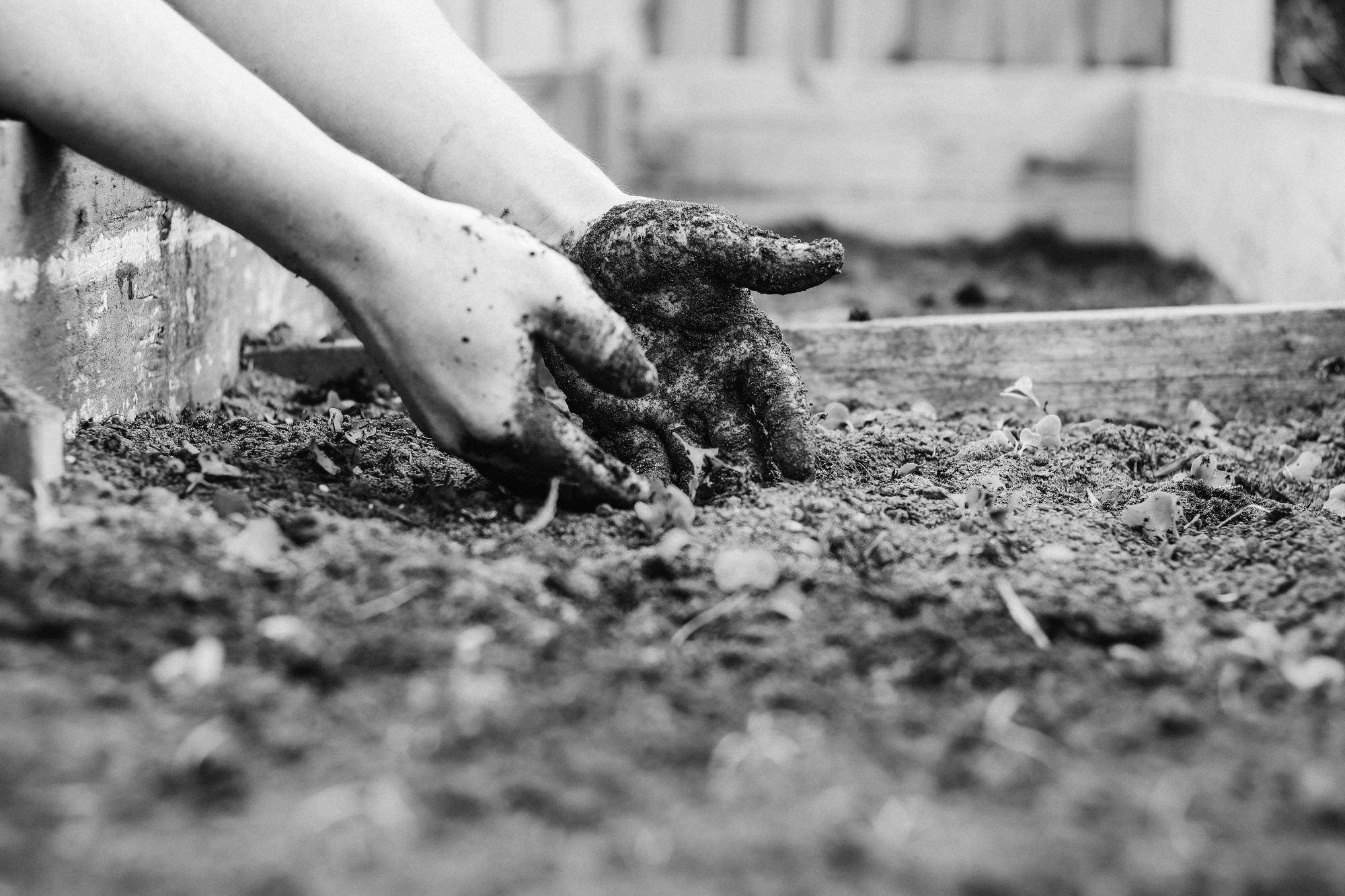“For what else are you busied with except improving yourself every day, laying aside some error, and coming to understand that the faults which you attribute to circumstances are in yourself?”
Seneca (Letters from a Stoic)
In a world perpetually in motion, the quest for self-improvement stands as a timeless endeavor. The wisdom of Lucius Annaeus Seneca, a Stoic philosopher, offers profound insights into the nature of personal growth and self-reflection. His quote above challenges us to embark on a journey of continuous self-improvement and to foster a culture of honesty within ourselves regarding our failings.
The Essence of Self-Improvement
Self-improvement, as Seneca suggests, is an ongoing process of identifying and overcoming our errors and misconceptions. It’s about being in a constant state of self-evaluation and recognizing that the path to wisdom and virtue is unending. This journey requires us to be vigilant and proactive in identifying not just our strengths but, more importantly, our weaknesses and the areas where we fall short.
The Stoic approach to self-improvement is grounded in the belief that we have the power to control our reactions, emotions, and behaviours, despite not having control over external circumstances. It emphasizes the importance of focusing on our internal state, advocating for a life lived in accordance with reason and virtue.
Honesty About Our Failings
One of the most challenging aspects of self-improvement is cultivating an honest relationship with oneself, hence “the faults which you attribute to circumstances are in yourself“. It’s easy to attribute our shortcomings and failures to external factors – to circumstances beyond our control. However, Seneca’s words remind us that the true obstacle often lies within. Acknowledging that our faults and failings are not the product of our environment but are rooted in our actions and decisions is a crucial step towards genuine self-improvement.
This honesty about our failings does not serve to diminish our sense of self-worth but to empower us. It shifts the locus of control back to where it belongs: within ourselves. By owning our mistakes and recognizing our weaknesses, we open the door to real growth and transformation.
The Path Forward
The path to self-improvement is neither straightforward nor easy. It demands resilience, patience, and, above all, humility. It requires us to confront uncomfortable truths about ourselves and to challenge the narratives we’ve constructed that absolve us of responsibility. Yet, it is within this very process of self-examination and accountability that we find the potential for profound personal development.
Seneca’s wisdom teaches us that self-improvement is not a destination but a journey—one that is infinitely enriching and deeply rewarding. By committing to this path we not only enhance our own lives but also contribute to the betterment of the world around us – by improving ourselves, we are better equipped to act with compassion, integrity, and virtue toward others.
In essence, the journey of self-improvement and the quest for honesty about our failings are intertwined. They compel us to look inward, to question, and to grow. In doing so, we honor the wisdom of Seneca and the Stoic tradition, embracing the transformative power of self-awareness and personal growth.






